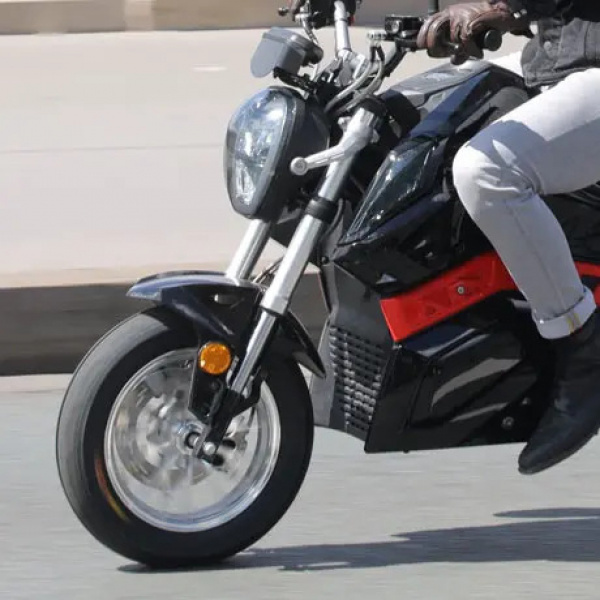The Togolese government has taken a major step toward promoting clean energy by launching a new pilot project aimed at encouraging the use of electric motorcycles in public administration. The initiative, called the Support Project for the Transition to Electric Mobility (PSTMET), officially kicked off this month with a small fleet of electric motorcycles assigned to couriers working in various government departments.
The project is backed by the United Nations Environment Program (UNEP) and is part of Togo’s broader strategy to reduce greenhouse gas emissions from the transport sector. According to government officials, transportation is one of the country’s largest contributors to pollution and carbon emissions. By introducing electric motorcycles into the public system, the government hopes to reduce its carbon footprint while also improving air quality, especially in busy urban areas like Lomé and Kara.
Authorities say the motorcycles will be used primarily for administrative tasks, courier services, and document delivery within the public service. This pilot phase is seen as a critical test for the viability of larger-scale electric vehicle (EV) use across the country. Should it succeed, officials believe it could lay the groundwork for the gradual rollout of electric transport options to other sectors, including businesses and private citizens.
Togo’s Minister for the Environment and Forest Resources, Foli-Bazi Katari, described the move as a clear demonstration of the country’s commitment to climate action and sustainable development. “This project reflects our national ambition to modernise the transport sector in a way that is environmentally friendly and economically viable,” he said during the launch event in Lomé.
The PSTMET initiative is also expected to drive interest in the electric vehicle market by leveraging tax incentives already introduced in the country. These include a full 100 percent tax exemption on all new electric vehicles and a 90 percent tax reduction on hybrid vehicles. The government hopes these measures will stimulate demand for electric alternatives, making them more attractive to both individuals and companies.
In addition to helping the environment, the government believes the transition to electric vehicles could have positive economic effects. Local businesses involved in EV assembly, charging infrastructure, and battery maintenance could see new growth opportunities. Moreover, reducing reliance on fuel-powered motorcycles can help lower the cost of transport over time, given the rising prices of petrol and diesel across West Africa.
Togo is not alone in its push for cleaner transportation. Across the region, countries like Ghana, Nigeria, and Côte d’Ivoire are also taking steps to adopt electric mobility as part of their national climate plans. However, Togo’s decision to begin with a government-led pilot places it among the early movers in West Africa testing real-world solutions within public systems.
Despite the optimism, challenges remain. Key concerns include the availability of charging infrastructure, the cost of maintaining electric vehicles, and the need to educate both public workers and private users on the use of electric transport. Government officials acknowledged these hurdles but say they are committed to working with partners like UNEP to address them.
The long-term success of the PSTMET project will depend not only on the performance of the electric motorcycles but also on policy support, infrastructure investments, and public awareness campaigns. If all goes according to plan, the next phase could see electric vehicles introduced into the delivery, education, and health sectors, expanding their use beyond government offices.
For now, the sight of quiet, battery-powered motorcycles weaving through Lomé’s administrative quarters marks the beginning of what many hope will be a cleaner, greener transport future for Togo.
